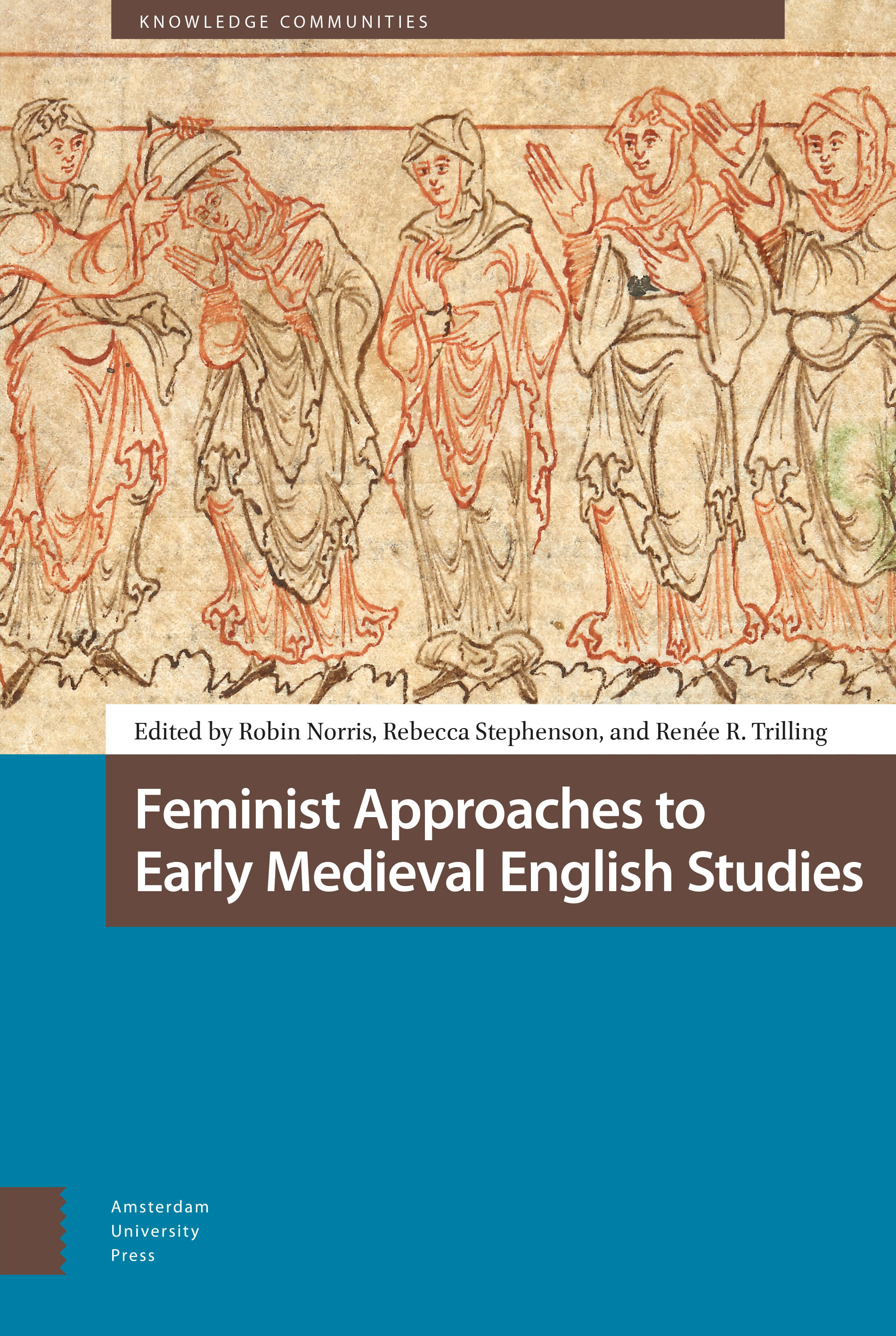8 - Monaðgecynd and flewsan: Wanted and Unwanted Monthly Courses inOld English Medical Texts
Published online by Cambridge University Press: 19 April 2023
Summary
Abstract
This essay discusses the Old English remedies for menstruation, placingearly medieval texts in conversation with contemporary controls exertedover women’s reproductive bodies by both politics and medicine.By examining not only the presences that contribute to our understandingof early medieval women’s bodies in the medical tradition, butalso the absences, this essay considers the potential experience ofordinary and not extraordinary women, who grappled with the dangers ofreproduction and a medical tradition that could offer little practicalhelp for gynecological concerns. While the medical texts themselves area part of the dominant patriarchal textual tradition, the medical needsinvoked by the remedies offer a pinhole view into the lives andexperiences of women.
Keywords: medicine, remedies, menstruation, reproduction,Old English, women
The title Our Bodies, Ourselves, published by theDoctor’s Group in 1970, was meant to “emphasize women takingfull ownership of their bodies.” The book itself grew fromwomen’s negative experiences with male physicians, as executivedirector Judy Norsigian notes: “Part of why (the booklet) got off theground is because women wanted to change this kind of environment in whichwhat women had to say, where what women reported about their ownexperiences, could be so readily discarded….” OurBodies, Ourselves openly discussed taboo topics, includingmenstruation, birth control, and abortion. Indeed, the ideology of the bookis encapsulated by its 1973 Preface, which states:
When we first started talking to each other about this, we found that oldexpectations had nudged most of us into a fairly rigid role ofwife-andmotherhood from the moment we were born female.Even in 1969,when we first started the work that led to this book, we found that manyof us were still getting pregnant when we didn’t want to. It wasnot until we researched carefully and learned more about ourreproductive systems, about birth control methods and abortion, aboutlaws governing birth control and abortion, and not until we put all thisinformation together with what it meant to us to be female, that webegan to feel we could truly set out to control whether and when wewould have babies.
- Type
- Chapter
- Information
- Feminist Approaches to Early Medieval English Studies , pp. 225 - 252Publisher: Amsterdam University PressPrint publication year: 2023

